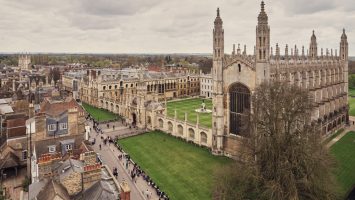
The Housing & Development Board (HDB) in Singapore signed a Memorandum of Understanding (MOU) with the Imperial College London (ICL) and Agency for Science, Technology and Research’s (A*STAR) Institute for Infocomm Research (I2R) to proceed with a four-year $5.3 million research program studying how sensors and sensor networks can be enhanced to make data collection more efficient and reliable.
Under the ‘Smart Estate’ domain of HDB’s Smart HDB Town Framework, the program aims to increase the usage of smart technologies to collect and analyze data to better understand usage patterns of common services – leading to more efficient and reliable monitoring and analysis of services such as elevators, water pumps, and lighting.
Dr. Cheong Koon Hean, Chief Executive Officer of HDB, stated “Estate services form the backbone of any residential town. Their performance directly impacts the quality of living of its residents. The ability to monitor the health of these services in real-time can greatly change the way estates are maintained. With data collected from a strong network of sensors and analytic tools, we can carry out analytics more efficiently and accurately. Common services in HDB estates can then be better optimised, maintained and managed. The end result is quality living for our residents.”
The program consists of three main approaches:
- the development of new smart sensors and improvement in design, operation and maintenance of sensor networks;
- the aggregation of large amounts of municipal data from multiple sources; and,
- The strengthening of capabilities in predictive analytics for more efficient estate maintenance.


